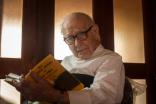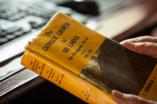Reverend Dr. Vito Perniola is Jesuit Priest, linguist, historian, and centenarian. At 102 years of age he currently resides at the Jesuit residence for senior clergy in Negombo, Sri Lanka. He is an academic with many publications, most notably the 19 volume history of the Catholic Church in Sri Lanka, and the Pali grammar books published by the Pali Text Society of London. He was awarded the prestigious Gold Medal of the Royal Asiatic Society in March 2013 for his work. This was the same year in April in which he celebrated his 100th birthday.
Rev. Perniola was born on the 10th of April 1913, in Bari which is in the southern region of Italy. He was born fifth in a family of nine children, including a pair of twins. They were land owners and agriculturists. After finishing elementary school, his father suggested that Vito should study and find a good job. During his secondary education in the school of a neighbouring town, he used to frequently visit a nearby church in which a Jesuit priest used to preach, and in 1924 he decided to become a priest. He joined an apostolic School in Lecce, Southern Italy and performed exceptionally well in studies and won medals for subjects each year. At age 15, in 1928 he went to Naples to start his religious training as a Jesuit Priest. After accidentally finding a catalogue of available courses in India, he went to Shembaganur, South India in 1932 to pursue a degree in philosophy. He had been fascinated by Buddhism and had already been reading many Buddhist scriptures. Rev. Perniola completed his Masters in Philosophy in 1935; his thesis was on Buddhist logic.
On the 1st of June 1936 young Vito, now 23 years of age arrived in Ceylon, and sat for the London matriculation exam where he chose English, Latin, Italian, Greek, and Mathematics as his subjects. He was attached to a missionary church, and was in charge of the boy’s school in Elpitiya, Galle where he taught English language and religious knowledge. In 1937 his superior asked him if he could study Buddhism as Jesuit priests had been in Ceylon for 50 years, but none of them had studied the religion. “Well I’ll certainly try” was Rev. Perniola’s answer. At the time, the only books available from which he could study Pali and Sanskrit from were in German.
“I started learning Pali when I was in Galle. I learnt from the alphabet onwards by myself, same for Sanskrit. When I used to go to Nuwara Eliya I would go around the lake everyday learning German. This was because several things (books on Pali and Sanskrit) were in German. And I had to know them. I couldn’t find anybody to explain them to me. Much of my work was personal work. I couldn’t find books to study from.”
By 1940 he had finished his London examinations in Colombo, and received a B.A. (Hons) degree in Pali and Sanskrit. He was ordained as a priest in 1943, and went to North India to complete his theological studies in 1947. Upon his return to Ceylon, at the end of 1947 he was posted at St. Aloysius College, Galle as a teacher. The school did not have Pali or Sanskrit as subjects, and therefore requested to teach Ceylon history to the senior students.
“If I could learn Pali and Sanskrit alone I can learn a bit of Ceylon history alone. So I started teaching Ceylon History for seniors and HSC students. The previous teacher had done nothing. The HSC is two years; they expected me to do the two years course in one year, when I myself was only two chapters ahead of the students.”
Naturally due to the limited time, the students failed, after which from the second year onwards he started teaching successfully, and all his students were promoted. He was awarded an honorary citizenship of Sri Lanka in 1949, and served as the Rector of St. Aloysius College from 1949 till 1952. In 1954 Aquinas College, Colombo had just been founded, and Rev Perniola was invited to teach Pali to graduate students reading for their B.A. degrees of the University of London. Rev. Perniola fondly remembers amusing incidents where students at Aquinas did not believe he could teach them Pali grammar.
“I remember one student; a girl remained outside the door of the class just to see what this white face could possibly say about Pali. The following day she came in. There was serious side and there was a funny side, I enjoyed both”
Unfortunately there were no Pali grammar text books at the time, and he found it quite difficult to teach his students. To rectify this issue, Rev. Perniola wrote a book on Pali grammar in 1957. In 1997 he published an updated edition of this book which has been accepted as the standard for Pali grammar by the Pali Text Society of Oxford. While teaching at Aquinas, he registered for a PhD at University of Pune, India. Travelling to India in his spare time, he finally completed his Doctorate in 1963; his thesis was on compound words in Pali.
Rev. Perniola then took over the work of Rev S G Perera, an eminent historian who had begun compiling the history of the Catholic Church in Sri Lanka, but could not complete it due to his poor health. This was a challenging task as many documents were in several languages. The end result of his hard work is a collection which spans across 19 volumes titled “Catholic Church in Sri Lanka”. He has also previously written many other books on religion, and psychology from a religious point of view.
When asked what the secret of becoming a centenarian, his reply was:
“There is no secret. Be careful about the food you eat, it affects many parts of the body. Regular exercise otherwise the body collapses and then it’s too late. You have to cultivate clear and healthy ideas which influence the whole body. Don’t be too attached to material things, because then you tend to show off, and then you ruin your self. Certain orderliness in body and mind has always been very important.
You have to reflect. Try to see yourself every week. You can stop for a few minutes and think: what have my experience been this week? What do I mean to do next week?
A little self-awareness. Stop from time to time and see what your next move is. Or in the morning take 10 minutes and think; what is my mood and behaviour today. And at night think back; was I alright? We should examine ourselves at least every evening for 5 minutes, and 5 minutes in the morning.
Things that give you courage; write it down; even if it’s a word or an idea that you can repeat several times to give you courage just to live, it will help. Every month or every two months- take a day or half a day by to be by yourself and reflect and write down what you feel.
Don’t go at random; your life must have real direction. There are times when you have to correct your direction, but you will know which direction is yours, and what you are. No matter what other people may do. See that life has meaning and direction, and not at random.
Sometimes think about how you feel about things. Is it right? You may not agree with other people always, but they also have their own feelings and their own way. I cannot shape people according to my character; I must understand them and if possible help them grow. These are things you have to be clear about. Try to develop your own personality.
You must adapt to people and places. You have to choose proper words without hurting anybody. Ask yourself; am I growing intellectually, morally, psychology? Am I growing or not, or going at random. These are very important ideas. You must have to think what is important at this moment so that your mind is free to concentrate and carry on with your work. Not the past and future. Flexibility and adaptation to people is very important.
Have a clear idea of what you want to do, and also have an understanding of what you are capable of doing. That is all.”
A pious and humble man, with a wonderful sense of humour, who never fails to see the good in other people. A very long time ago while travelling in 3rd class seating section of a train, someone had asked why he was sitting in that area. He had simply replied “because there is no 4th class”. At 102 years of age Rev Perniola still continues his literary work.


Other photos contd
Photographs courtesy of Kannan Arunasalam, ‘I Am’ project (http://iam.lk/)
